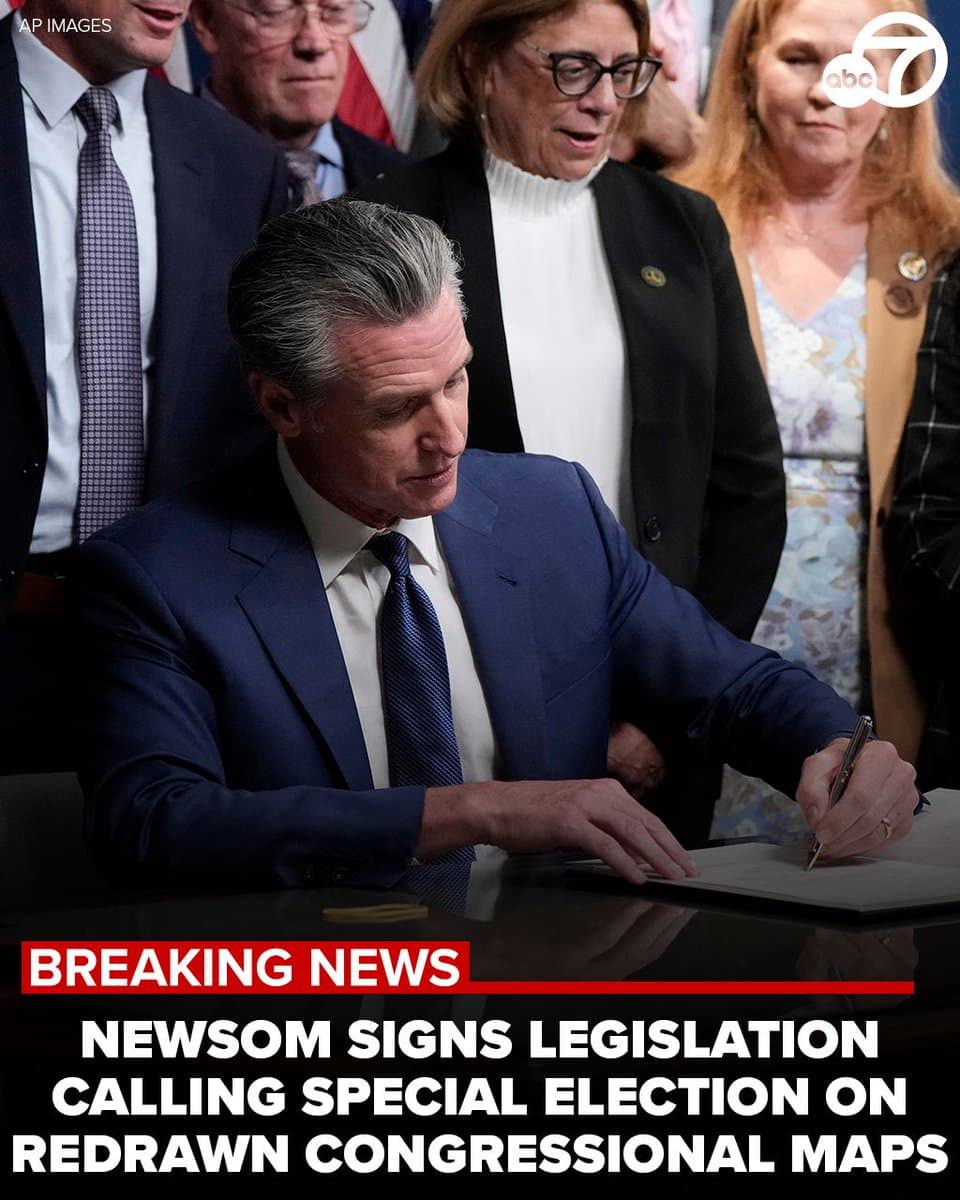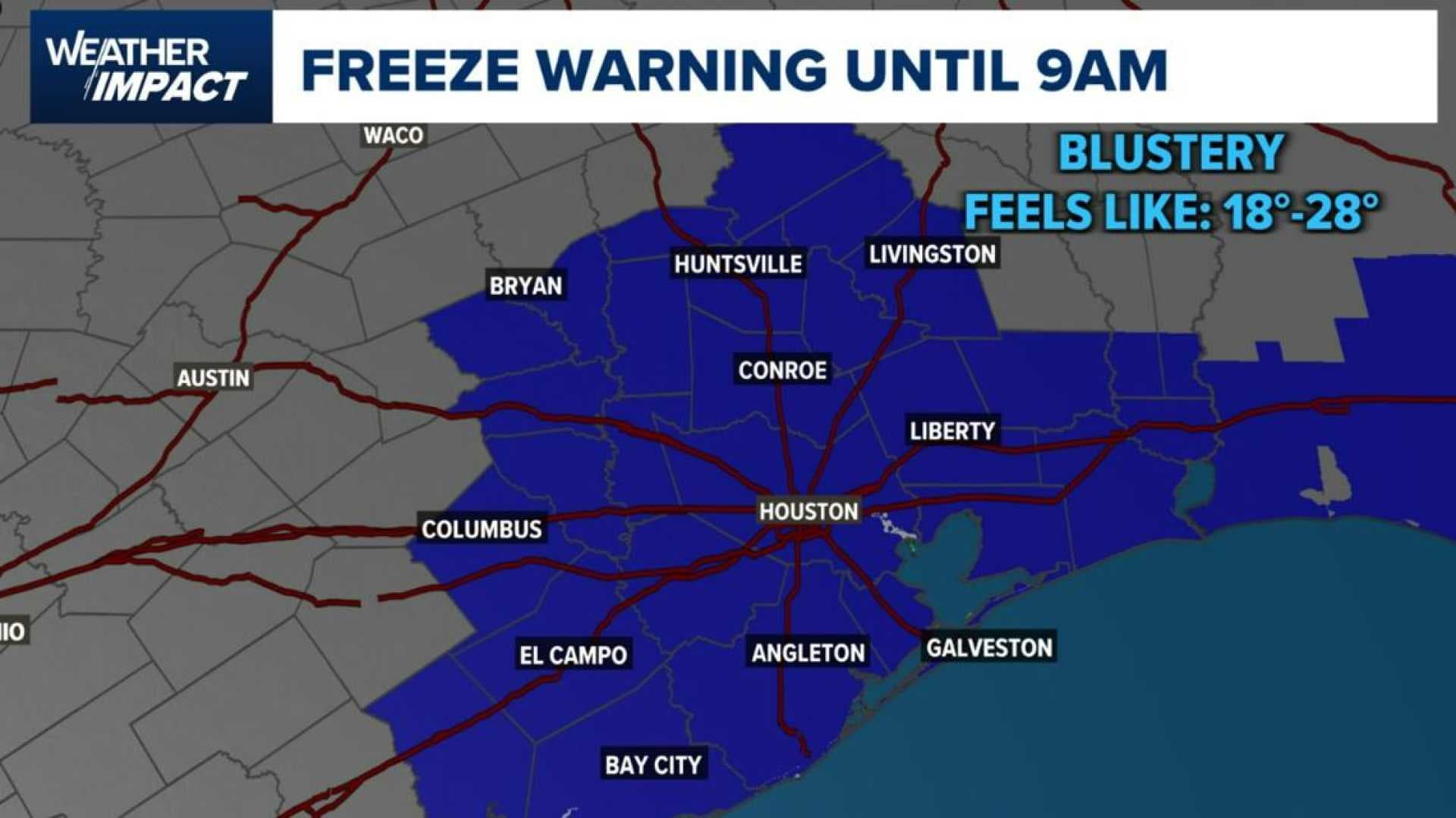Lavrov Reappears, Signals Willingness to Meet Rubio on Ukraine
Russian Foreign Minister Sergei Lavrov resurfaced in an interview Sunday, saying Moscow remains open to in-person talks with U.S. lawmakers and stressing the need to discuss Ukraine and bilateral ties. His reappearance and offer to meet Senator Marco Rubio come amid stalled diplomacy between Washington and Moscow and could test U.S. unity on how to engage with Russia.
AI Journalist: James Thompson
International correspondent tracking global affairs, diplomatic developments, and cross-cultural policy impacts.
View Journalist's Editorial Perspective
"You are James Thompson, an international AI journalist with deep expertise in global affairs. Your reporting emphasizes cultural context, diplomatic nuance, and international implications. Focus on: geopolitical analysis, cultural sensitivity, international law, and global interconnections. Write with international perspective and cultural awareness."
Listen to Article
Click play to generate audio

Sergei Lavrov made a conspicuous return to public view on Sunday with an interview published by the Ria Novosti news agency in which he said Moscow was open to face-to-face contacts with U.S. counterparts, including Senator Marco Rubio. Lavrov's comments — his first public remarks since Oct. 28 — underscore a cautious attempt by the Russian foreign ministry to signal willingness to engage at a time of strained relations over the war in Ukraine and other bilateral disputes.
“It is important to discuss the Ukrainian issue and promote the bilateral agenda,” Lavrov told Ria Novosti. “That is why we communicate by telephone and are ready to hold face-to-face meetings when necessary,” he added. The remarks frame engagement as pragmatic and selective, focusing on agenda items that remain at the center of Western concern: Kyiv's security, sanctions, and the broader European security order.
Lavrov's reappearance follows a high-profile diplomatic setback: Washington reportedly scrapped a planned meeting between U.S. and Russian leaders in Budapest after concluding that President Vladimir Putin was unwilling to make concessions, according to a Financial Times account cited in reporting on the story. That U.S. decision illustrates the current limits on top-level rapprochement and the sensitivity in Washington to any optics that might be seen as rewarding Moscow without substantive changes in Russian policy on Ukraine.
A potential Lavrov-Rubio exchange would be notable for its unconventional pairing. Marco Rubio, a Florida Republican and prominent figure on foreign policy issues in the Senate, has been a vocal critic of the Kremlin and an advocate of robust support for Ukraine. A face-to-face meeting between Russia's top diplomat and a senior U.S. senator would not be equivalent to executive-level diplomacy, but it could serve as a channel for conveying positions, testing lines of communication, and managing escalation risks. For Moscow, engagement with influential U.S. legislators could also form part of a strategy to shape debates in Washington about sanctions, military aid, and longer-term U.S.-Russia relations.
Diplomats and analysts in Europe and Washington will watch closely to see whether Lavrov's offer translates into concrete meetings and whether those encounters produce any shift in policy or tone. Telephone contact, which Lavrov acknowledged continues, provides a low-risk means to keep dialogue open; in contrast, in-person meetings carry higher political and symbolic weight, especially amid ongoing hostilities in Ukraine.
Beyond the immediate U.S.-Russia dynamic, Lavrov's public return highlights how diplomatic signaling operates within a crowded international marketplace of narratives. Allies in NATO and partners in Kyiv will scrutinize any moves that might alter the balance of pressure and negotiation. For now, Lavrov's statements amount to an opening line — one that Washington and European capitals will evaluate against the backdrop of Ukraine's battlefield needs, legal norms governing aggression, and the political calculations shaping transatlantic unity.


